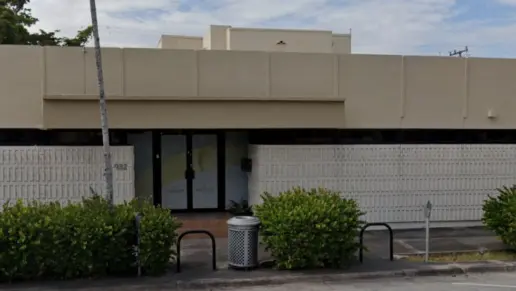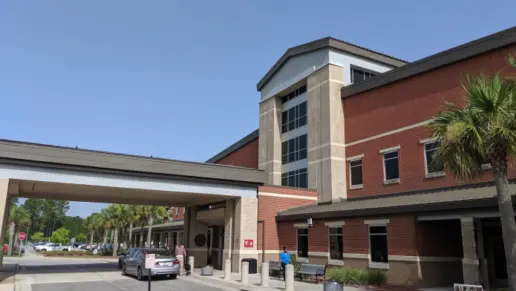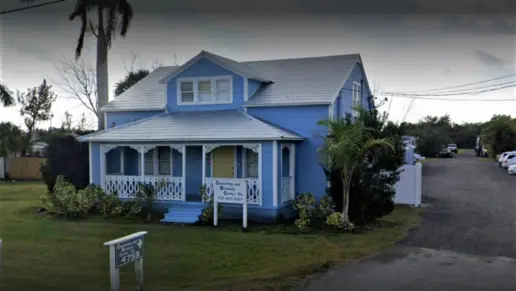About Faith Farm Christian Residential Treatment Center
Faith Farm Ministries is a free, faith based residential recovery program and treatment center in Fort Lauderdale, Florida. They provide hope and healing to men affected by substance use disorders. This 130 bed remodeled recovery dorm sits on 10 acres of land in the heart of the Gold Coast. There’s also a 38 bed transitional housing facility known as Omega Program. This location offers seamless access to public transportation, nearby colleges and trade schools. This is in addition to abundant job and career opportunities.
The facility offers 24/7 care in a safe and structured setting that encourages recovery. Residents are provided with essential services such as food, shelter and clothing while participating in a college accredited recovery curriculum. You’ll also benefit from their comprehensive work training, life skills development and spiritual training and counseling. They blend proven therapeutic practices with Christian-based techniques to deliver personalized care. They even integrate elements of the 12 step procedure in the form of Celebrate Recovery. This is like the AA peer support group.
You’ll participate in individual and group therapy. This helps you uncover the root causes of your addiction and develop effective coping and problem solving skills. Emphasis is on spiritual growth and fostering a deeper connection with God. This ‘whole person’ approach supports not just physical detox but emotional and spiritual healing. They also offer work therapy, educational classes and family counseling all grounded in Christian principles. Integrating faith through every step of the recovery process this way facilitates the development of a strong foundation for lasting sobriety.
Faith Farm’s commitment to quality faith based treatment ensures a nurturing and effective path to healing and personal growth. Their comprehensive support system equips you with the tools and encouragement necessary to overcome addiction. You’ll not just gain practical skills but experience profound spiritual growth. This is necessary for achieving/maintaining sobriety, rebuilding your life and embracing a more fulfilling future.
The best part is that you don’t even have to be a Christian or believer to participate in this program. They’re welcoming to everyone who wants to be free from drug and alcohol addiction. The program lasts 10 months. Comments from past clients indicate positive experiences and outstanding quality of care.
Facility Overview
Latest Reviews
Rehab Score
Gallery
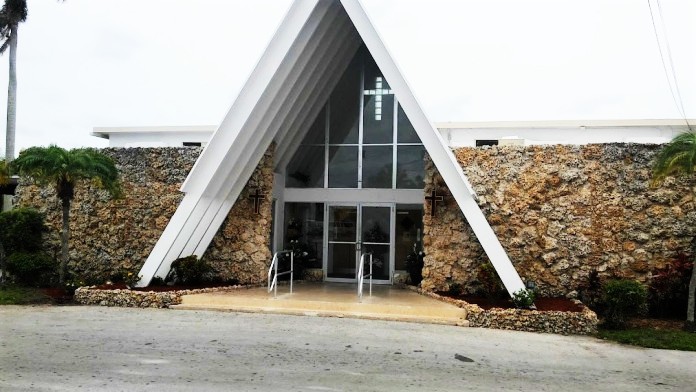
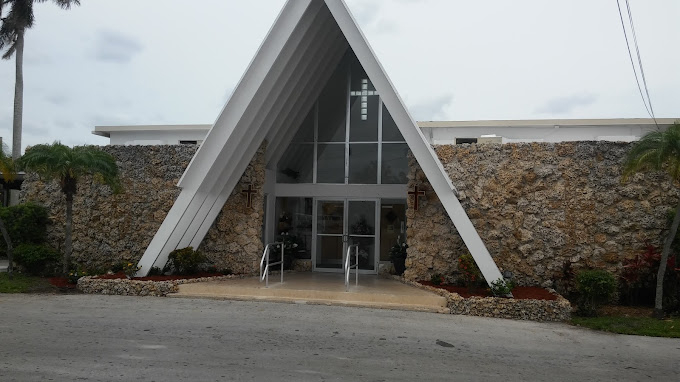
Location
Other Forms of Payment
Financial aid can take many forms. Centers may have grants or scholarships available to clients who meet eligibility requirements. Programs that receive SAMHSA grants may have financial aid available for those who need treatment as well. Grants and scholarships can help you pai for treatment without having to repay.
Addiction Treatments
Levels of Care
Treatments
The goal of treatment for alcoholism is abstinence. Those with poor social support, poor motivation, or psychiatric disorders tend to relapse within a few years of treatment. For these people, success is measured by longer periods of abstinence, reduced use of alcohol, better health, and improved social functioning. Recovery and Maintenance are usually based on 12 step programs and AA meetings.
Drug rehab in Florida provides quality treatment to help individuals overcome dependency related to a wide range of addictive substances. Programs address both the physical and mental aspects of addiction in order to help you make a full recovery.
Opioid rehabs specialize in supporting those recovering from opioid addiction. They treat those suffering from addiction to illegal opioids like heroin, as well as prescription drugs like oxycodone. These centers typically combine both physical as well as mental and emotional support to help stop addiction. Physical support often includes medical detox and subsequent medical support (including medication), and mental support includes in-depth therapy to address the underlying causes of addiction.
Substance rehabs focus on helping individuals recover from substance abuse, including alcohol and drug addiction (both illegal and prescription drugs). They often include the opportunity to engage in both individual as well as group therapy.
Programs



Clinical Services
Cognitive Behavioral Therapy (CBT) is a therapy modality that focuses on the relationship between one's thoughts, feelings, and behaviors. It is used to establish and allow for healthy responses to thoughts and feelings (instead of unhealthy responses, like using drugs or alcohol). CBT has been proven effective for recovering addicts of all kinds, and is used to strengthen a patient's own self-awareness and ability to self-regulate. CBT allows individuals to monitor their own emotional state, become more adept at communicating with others, and manage stress without needing to engage in substance abuse.
Group therapy is any therapeutic work that happens in a group (not one-on-one). There are a number of different group therapy modalities, including support groups, experiential therapy, psycho-education, and more. Group therapy involves treatment as well as processing interaction between group members.
In individual therapy, a patient meets one-on-one with a trained psychologist or counselor. Therapy is a pivotal part of effective substance abuse treatment, as it often covers root causes of addiction, including challenges faced by the patient in their social, family, and work/school life.
Life skills trainings involve all the skills a person must have in order to function successfully in the world. These include time management, career guidance, money management, and effective communication. Truly successful addiction recovery is based on the ability to not only live substance-free, but to thrive. Life skills teaches the practical necessities of functioning in society, which sets clients up for success in life, and therefore sobriety.
Recreational therapy (aka therapeutic recreation) uses creative and fun activities to help with addiction recovery. Recreational therapists lead patients in entertaining and engaging activities like sports or games; art (drawing, painting, sculpture); drama, music, and dance; and/or community outings (field trips) to improve patients' physical, social, and emotional well-being.
Amenities
-
Private Transportation
-
Residential Setting
-
Private Rooms
Staff
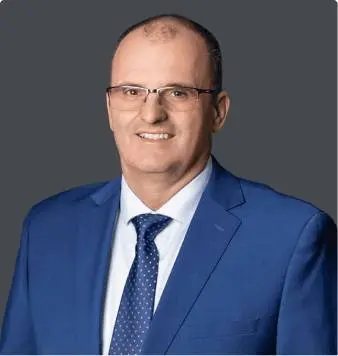
Chief Executive Officer

President
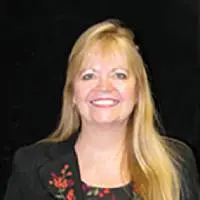
Vice President
Contact Information
1980 NW 9th Avenue
Fort Lauderdale, FL 33311
